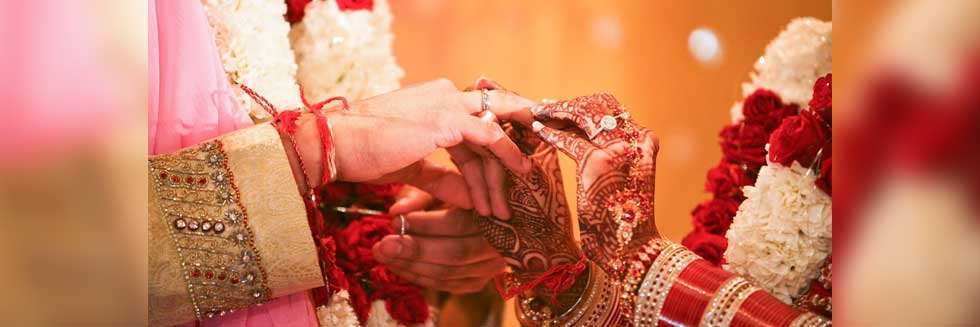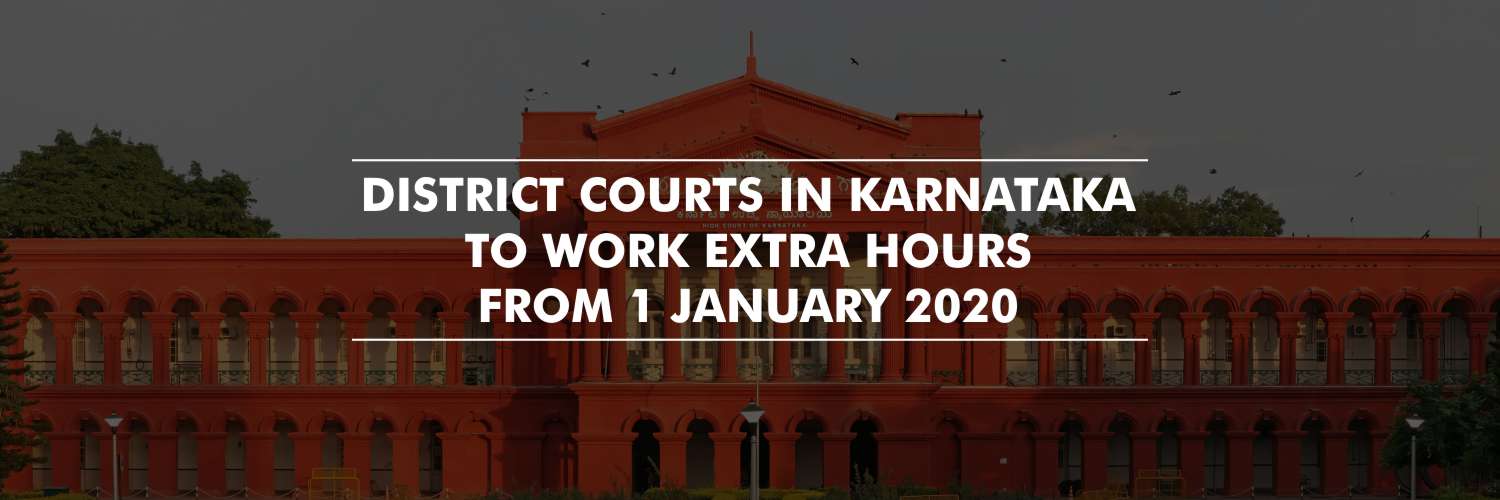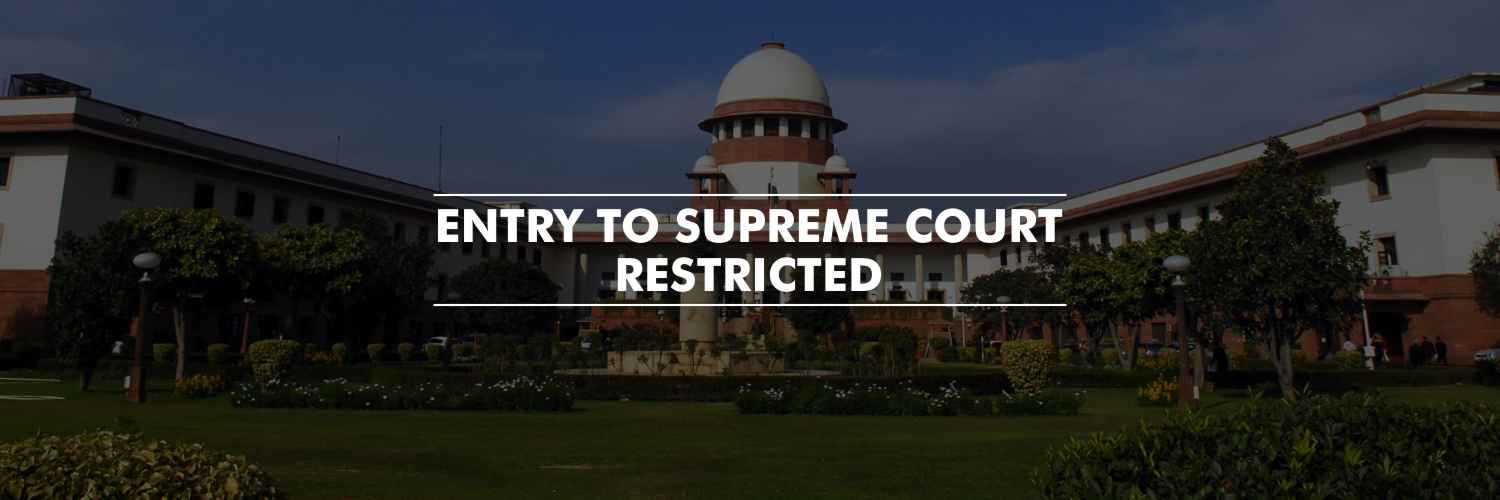On 27th November, the Karnataka High Court held that “the right of an individual to marry any person of his/her choice, irrespective of caste or religion is a fundamental right enshrined in the Constitution of India.”
While hearing a Habeas Corpus petition filed by one Wajeed Khan seeking the release of his lover, Ramya from confinement, a division bench comprising of Justices S Sujata and Sachin Shankar Magadum said that ‘liberty relating to the personal relationships of two individuals cannot be encroached’.
“It is well settled that a right of any major individual to marry the person of his/her choice is a fundamental right enshrined in the Constitution of India and the said liberty relating to the personal relationships of two individuals cannot be encroached by anybody irrespective of caste or religion,” stated the bench.
Ramya stated that she has decided to marry the petitioner who is a colleague of hers, working at IQVIA as a software engineer. Although the petitioner’s mother Sreelakshmi had no objections to the marriage of her son Wajeed Khan with Ramya, however, Ramya’s parents were not giving consent to the said marriage. As per reports, Ramya has been staying at the Mahila Dakshatha Samithi, Vidyaranyapura following her complaint to the Janodaya Santwana Kendra alleging infringement of her right to liberty caused by her parents relating to her marriage with the petitioner.
Subsequently, the Bench opined that Ramya, a software engineer is capable of taking decisions regarding her life and, therefore, directed Mahila Dakshata Samithi to release her forthwith.
“Kum. Ramya G. being a software engineer at IQVIA is capable of taking decisions regarding her life. The Mahila Dakshata Samithi is directed to release Kum Ramya G forthwith,” ordered the court.
“The scope of habeas corpus is limited to produce the person and she being produced before the Court, recording her submission as aforesaid, we dispose of the writ petition setting her at liberty,” added the bench.






